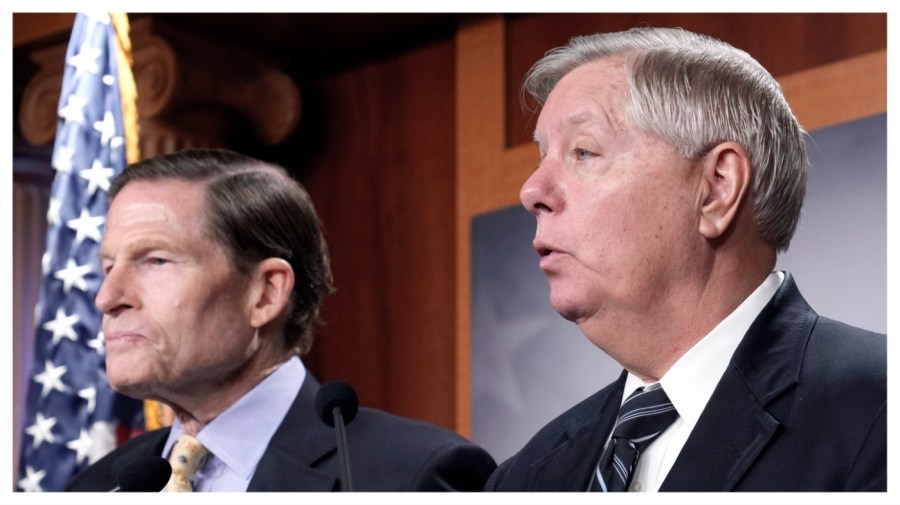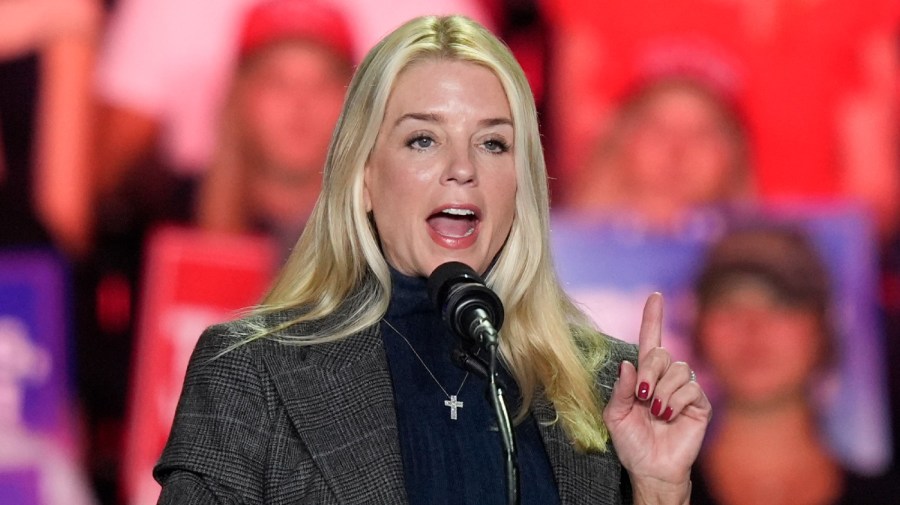RALEIGH, N.C. (WGHP) — The North Carolina House of Representatives has unveiled and fast-tracked a bill that ties Hurricane Helene relief to provisions that strip the governor of certain powers.
State Bill 382, titled “Disaster Relief 3/Budget/Various Law Changes,” was filed Tuesday. The bill would allocate more than $200 million for relief in the wake of Hurricane Helene, which hit in late September and left countless communities in Western North Carolina stranded without power or safe routes in or out.
The bill also contains provisions for school calendar flexibility, another $25 million for debris clean-up and $100 million in loans for impacted local governments, among other smaller allocations.
Previous Helene relief bills have already allocated more than $850 million for the state’s recovery.
However, the 130-page bill also includes several provisions unrelated to Helene recovery. Provisions in the bill strip power from the governor and attorney general, two roles set to remain in Democratic power under newly-elected Gov. Josh Stein and Attorney General Jeff Jackson, and give power to the General Assembly and the state auditor, newly-elected Republican Auditor Dave Boliek.
The state House passed the bill 63-46 on Tuesday with only Republicans voting in favor. It now moves on to the state Senate.
Non-disaster provisions
The bill would remove the governor’s authority to appoint members of the State Board of Elections. Currently, the governor appoints members to the State Board of Elections. The governor can choose candidates from the state’s two largest political parties and can nominate no more than three candidates from either party, ensuring that the party divide on the board is always 3-2. Typically, the governor prioritizes candidates from their own party.
This bill would instead give the state auditor the authority to appoint members to the State Board of Elections. This means that, rather than Stein appointing board members, Boliek would have that authority, tilting that balance of power toward the Republican Party.
“The State Auditor shall appoint the members of the State Board and likewise shall appoint their successors every four years at the expiration of each four-year term. Not more than three members of the State Board shall be members of the same political party. The State Auditor shall appoint the members from a list of nominees submitted to the State Auditor by the State party chair of each of the two political parties having the highest number of registered affiliates as reflected by the latest registration statistics published by the State Board. Each State party chair shall submit a list of four nominees who are affiliated with that political party. No person may serve more than two full consecutive four-year terms,” the bill reads.
The bill also dictates that the attorney general cannot “take any position on behalf of the state that is ‘contrary to or inconsistent with the position of the General Assembly.’” Outgoing Attorney General Stein has, in cases, argued against the state on issues like abortion.
“Additionally, in such cases, the General Assembly through the Speaker of the House of Representatives and President Pro Tempore of the Senate jointly shall possess final decision-making authority with respect to the defense of the challenged act of the General Assembly or provision of the North Carolina Constitution,” the bill states. “In any such action, the General Assembly, through the Speaker of the House of Representatives and the President Pro Tempore of the Senate, may waive such representation and decline to participate in the action by written notice to the Attorney General.”
Additionally, the bill hampers the state superintendent’s power to appeal decisions made by the NC Charter School Review Board, meaning that newly-elected Democrat Mo Green could not ask the State Board of Education to reject approval for charter schools if the bill were to become law. It would also take the Center for Safer Schools away from the Department of Public Instruction and give it to the State Bureau of Investigation.
It also would create a new structure for law enforcement in the state, removing the State Highway Patrol from beneath the Department of Public Safety and making it an independent department whose head would be appointed by the governor and confirmed by the legislature.
If passed, these provisions would go into effect on May 1, 2025.
The full text of the bill can be read below:






Leave a Reply